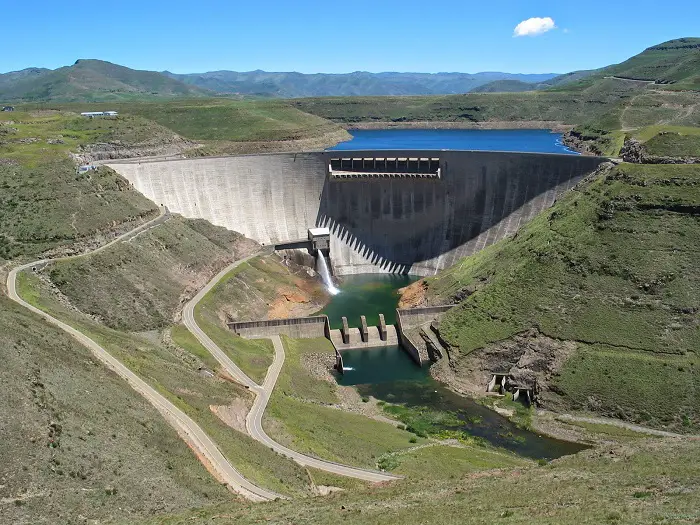A US $32m water project has been launched in South Africa by The United States Agency for International Development (USAID) with the aim of helping solve the severe water challenges facing the Limpopo river basin and Okavango river basin communities.
Also Read: Zimbabwe prepaid water system to be ready by September
Benefits of the water project
The water project will help the residents have better health and good living conditions since they will have access to safe drinking water and sanitation services. Nearly 21-million people in South Africa, Botswana, Zimbabwe, Mozambique, Angola and Namibia will benefit from the initiative.
The management of trans boundary natural resources will also be improved and it will help to conserve biodiversity and strengthen the ecological infrastructure needed to maintain healthy water systems.
USAID Southern Africa Mission director John Groarke confirmed the news and said in a statement that Resilient Waters was an important step toward addressing the serious water and climate change challenges facing the region.
“I visit projects across Southern Africa, and for many of them, lack of access to clean water and sanitation is an obstacle to progress. The Resilient Waters project will focus on a problem that underlies development throughout this region,” he noted.
For the project to become a success, USAID will collaborate with Southern Africa Development Community structures, such as the river basin organisations and transfrontier conservation areas in the region.
Global water strategy
The project reflects the US government’s global water strategy, which supports efforts to achieve a water-secure world, where people and nations have the water they need to be healthy, prosperous and resilient.
On February 13, 2018, South Africa declared a national disaster in Cape Town as the city’s water supply was predicted to run dry before the end of June. With its dams only 24.9% full, water saving measures were in effect that required each citizen to use less than 50 litres a day.
All nine of the country’s provinces were affected by what the government characterized as the “magnitude and severity” of a three-year drought. According to UN-endorsed projections, Cape Town is one of eleven major world cities that are expected to run out of water.

Leave a Reply